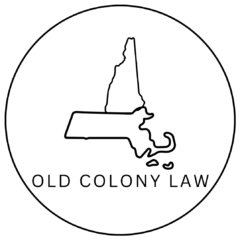MassLive.com‘s editorial take on the Healey Administration’s estate tax proposal:
Of particular note is Healey’s proposal to triple the estate tax threshold, essentially eliminating the tax on estates worth less than $3 million. Even her predecessor, Republican Charlie Baker, didn’t go that far when the Legislature and the governor considered doubling the threshold.
Predictably, the proposal drew criticism from the Raise Up Coalition, which promoted the Fair Share Amendment (the so-called “Millionaire’s Tax”), and others who claim only a small tier of wealthy people will benefit.
But Healey counters, with sound logic, that as property values have risen, more middle-class residents would fall into the category of those getting relief. She has also proposed cutting the short-term capital gains tax from 12% to 5%.
Even after supporting the Fair Share Amendment, the governor appears cognizant that if every single tax law or business regulation, at every turn, impedes the opportunity to earn and grow capital, it creates exactly the message Massachusetts wants to refute.
That message is the old “Taxachusetts” label, a reputation that this is a state that penalizes success, and that if citizens and business leaders want to be allowed to succeed, they’re better off doing it somewhere else. The government can’t hand them the short straw at every turn and expect anything different.
The notion that the estate tax change in particular, and other Healey business-friendly tax code proposals, help only a small number of “fat cats” is good political fodder. But like most generalizations, it’s not true.
The estate tax alteration is a good example of encouraging middle-class people to stay. Not only is Healey’s observation of rising valuations correct, it sends a message that Massachusetts is not a state that looks at success as something to penalize.
This post is a part of Old Colony Law’s Estate Tax Updates.
